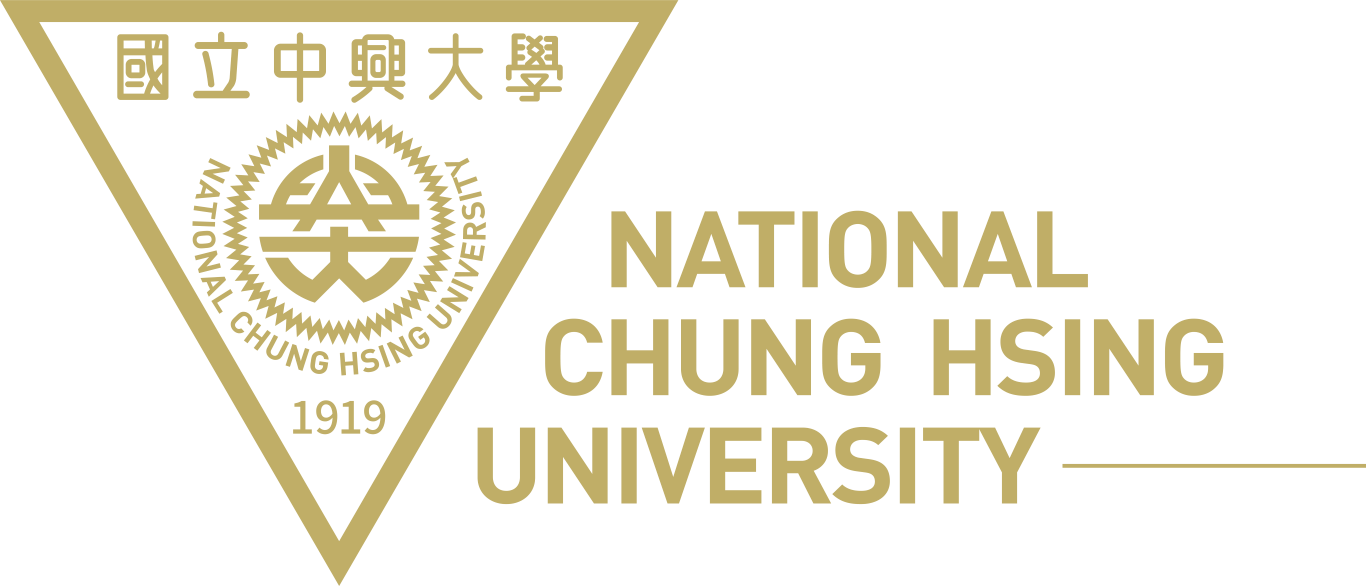Externally-funded research projects—NSTC Subsidy Program for Domestic Experts and Scholars Attending International Scholarly Conferences
Eligibility:
-
- Current teaching and research staff
- Postdoctoral researchers taking part in an NSTC project
-
- Documents required for online applications include but are not limited to the following:
-
- Application form
- Proof of paper acceptance
- Abstract of the accepted paper
-
- Applicants shall submit the application by 3 p.m. six weeks prior to the first day of the conference. The University will compile submitted applications and forward them to the NSTC by 5 p.m. the same day.
-
- The subsidy is limited to one person per paper (whether presented orally or in the form of a poster). The same provisions apply to directors/supervisors of major international academic associations or editors of internationally renowned scholarly journals whose attendance is required at a conference.
-
- The subsidy covers flights, conference registration, daily allowance, processing fees, and insurance premiums.
-
- Only one subsidy is allowed per individual per fiscal year. Principal investigators of NSTC projects who already have an “international scholarly conference” account are ineligible to receive further subsidies.
-
- Persons with a severe disability (supporting documents required) who must be accompanied by an aid in order to attend a scholarly conference may receive an additional subsidy to cover the aid’s travel expenses.
-
- Conferences held in mainland China must be organized by an international academic organization (or chiefly organized by an international academic organization and co-organized by mainland China).
-
- Recipients should file for reimbursement within one month of their return to Taiwan, and a conference report and account settlement form must be submitted to the NSTC’s system.

